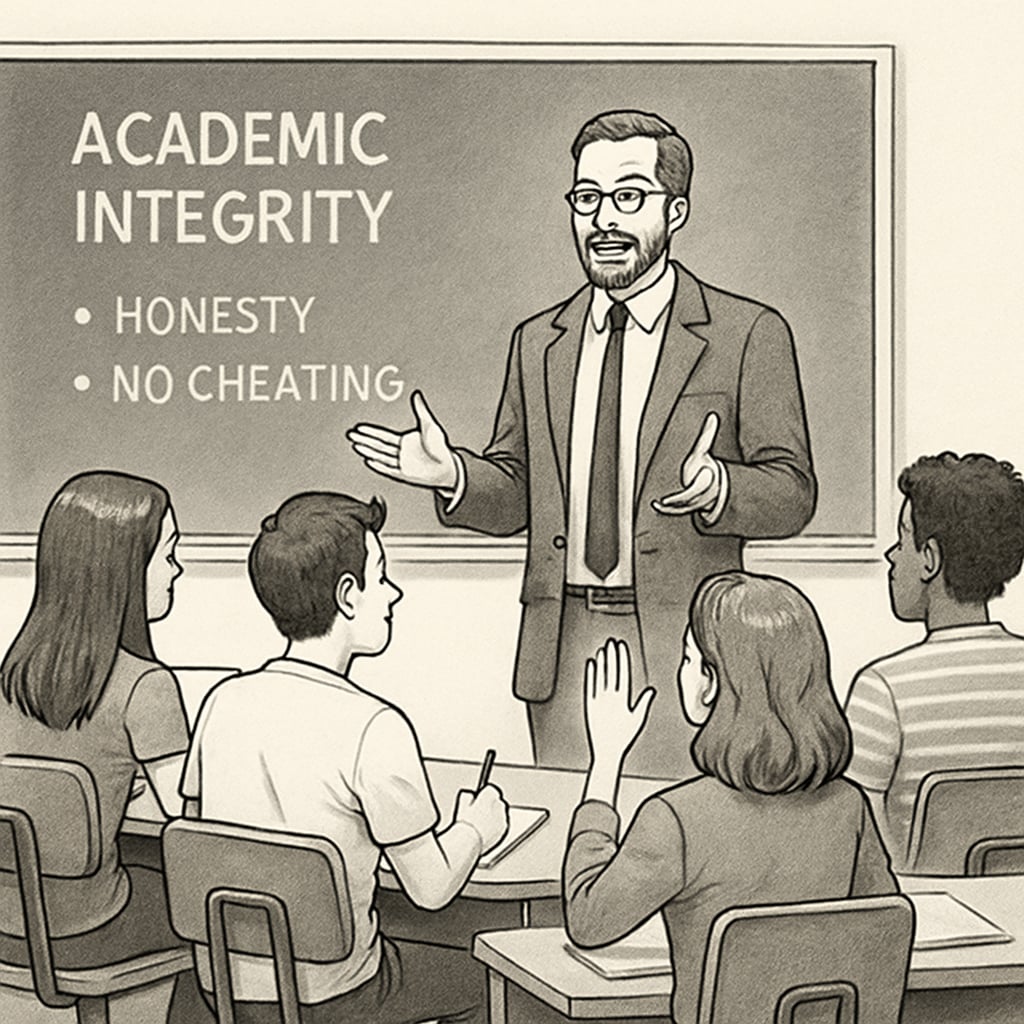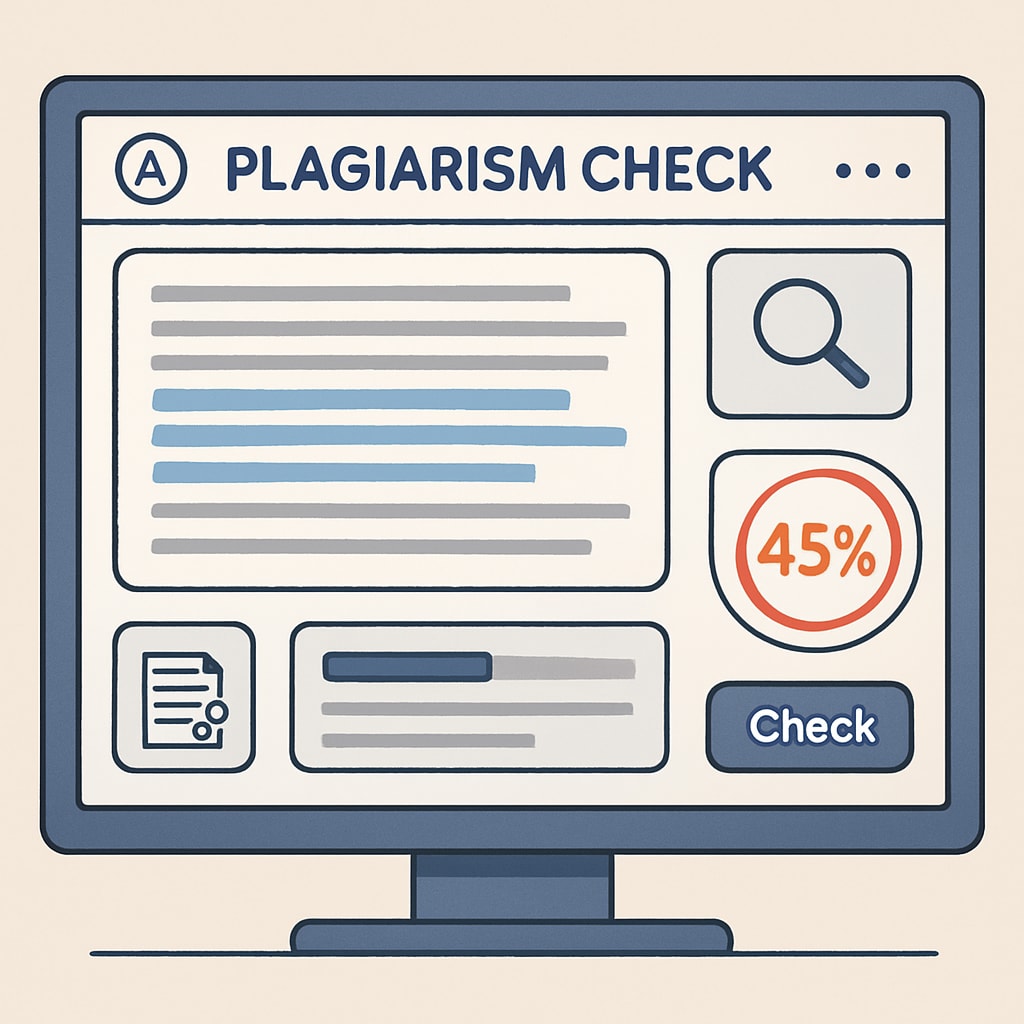The relationship between professors, plagiarism accusations, and academic integrity is at the heart of higher education. While plagiarism is a serious offense that undermines trust and scholarship, there are instances where professors wrongly accuse students. This article examines why such errors occur, their implications for students and academia, and how institutions can address them.

Common Reasons Professors Misinterpret Plagiarism
Plagiarism accusations often arise due to professors misinterpreting student submissions. Several factors can contribute to these misunderstandings:
- Lack of familiarity with student writing styles: Professors may mistake advanced vocabulary or phrasing as unoriginal if it seems inconsistent with prior work.
- Over-reliance on plagiarism detection tools: Tools like Turnitin can flag content inaccurately, especially quotes or properly cited references that are misinterpreted as copied material.
- Time constraints: Professors might rush through grading and fail to verify flagged content thoroughly.
These issues highlight the potential for errors when professors rely on subjective judgment or automated tools without considering context.

The Impact of False Plagiarism Accusations
Wrongful accusations of plagiarism can have far-reaching consequences for students:
- Damage to reputation: Students may face stigma and distrust from peers and faculty.
- Emotional distress: Accusations can lead to anxiety, stress, and a sense of injustice.
- Academic consequences: Penalties such as failing grades or disciplinary actions can hinder a student’s educational progress.
For example, a study published by the Britannica on academic integrity highlights how false accusations can erode students’ trust in the system.
Solutions to Address Mistaken Accusations
Institutions must adopt measures to minimize wrongful accusations and uphold academic integrity:
- Provide training for professors: Educating faculty about plagiarism detection tools and the nuances of academic writing can reduce errors.
- Encourage open dialogue: Allow students to discuss accusations and provide evidence to defend their work.
- Implement review systems: Establish committees to review plagiarism claims and ensure fairness.
As a result, students and professors can work collaboratively to maintain trust and integrity within the academic environment.
In conclusion, false plagiarism accusations undermine the principles of academic integrity and cause harm to students. By addressing the factors contributing to such errors and fostering transparent communication, institutions can create a fair and supportive educational system.
Readability guidance: To enhance understanding, this article uses short paragraphs, bullet points, and clear transitions. Passages include practical solutions and considerations, ensuring accessibility for readers.


